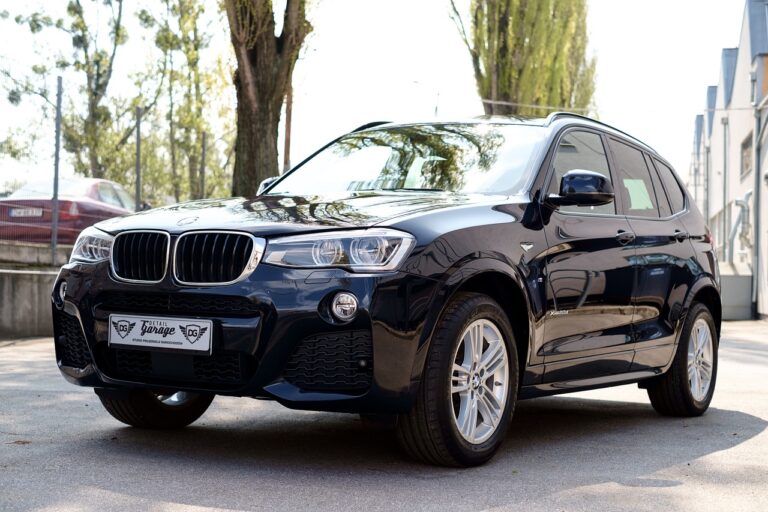Pros and Cons of Leasing vs. Buying a New Car
Leasing a new car can be an attractive option for those looking for lower monthly payments and the ability to drive a new vehicle every few years. With a lease, you are essentially renting the car for a set period, typically two to four years. During this time, you are responsible for maintenance and insurance, but at the end of the lease term, you can return the car and lease a new one, avoiding the hassle of selling a used vehicle.
One thing to consider when leasing a new car is the mileage restrictions that come with most lease agreements. Exceeding the set mileage limit can result in extra fees at the end of the lease term. Additionally, modifications to the vehicle may not be allowed, as the car needs to be returned in its original condition. Despite these limitations, leasing can be a convenient choice for those who prefer driving a new car every few years without the long-term commitment of ownership.
Buying a New Car
When buying a new car, one of the primary considerations is the initial cost. This cost typically includes the purchase price of the vehicle, sales tax, registration fees, and any additional add-ons or accessories. It is important to carefully review the breakdown of these costs to ensure you are getting a good deal and staying within your budget.
Another important factor to consider when buying a new car is the ongoing expenses that come with ownership. This includes insurance premiums, maintenance costs, fuel expenses, and potential repairs. It is wise to factor in these long-term expenses when making your decision to ensure that the vehicle you choose is not only affordable upfront but also manageable in terms of ongoing costs.
Initial Costs
When considering purchasing a new car, one of the primary aspects to evaluate are the initial costs involved. While these costs may vary depending on the make and model of the vehicle, there are some common expenses to account for. These can include the down payment required by the dealer, which is typically a percentage of the total cost of the car. Additionally, buyers may need to allocate funds for taxes, registration, and any applicable dealership fees.
Another significant initial cost to factor in is the cost of obtaining car insurance. Insurance premiums can vary based on factors such as the driver’s age, driving history, and the type of coverage selected. It is crucial to research different insurance providers to find the best coverage at the most competitive rates. Understanding and budgeting for these initial expenses is essential when planning to purchase a new car, ensuring a smooth and manageable financial transition into car ownership.
What are the initial costs involved in leasing a new car?
The initial costs of leasing a new car typically include a down payment, security deposit, first month’s payment, acquisition fee, and any applicable taxes and registration fees.
What are the initial costs involved in buying a new car?
The initial costs of buying a new car usually include the purchase price of the car, sales tax, registration and title fees, and any applicable dealership fees.
Are the initial costs higher for leasing or buying a new car?
The initial costs for leasing a new car are usually lower than buying a new car, as leasing typically requires a smaller down payment and may not involve as many fees.
Can the initial costs be negotiated when leasing or buying a new car?
Some initial costs, such as the purchase price or down payment, may be negotiable when buying a new car. However, the leasing terms and fees are usually set by the leasing company and may have less room for negotiation.







